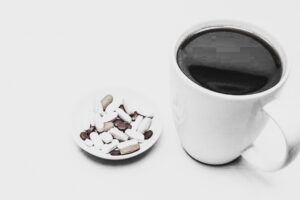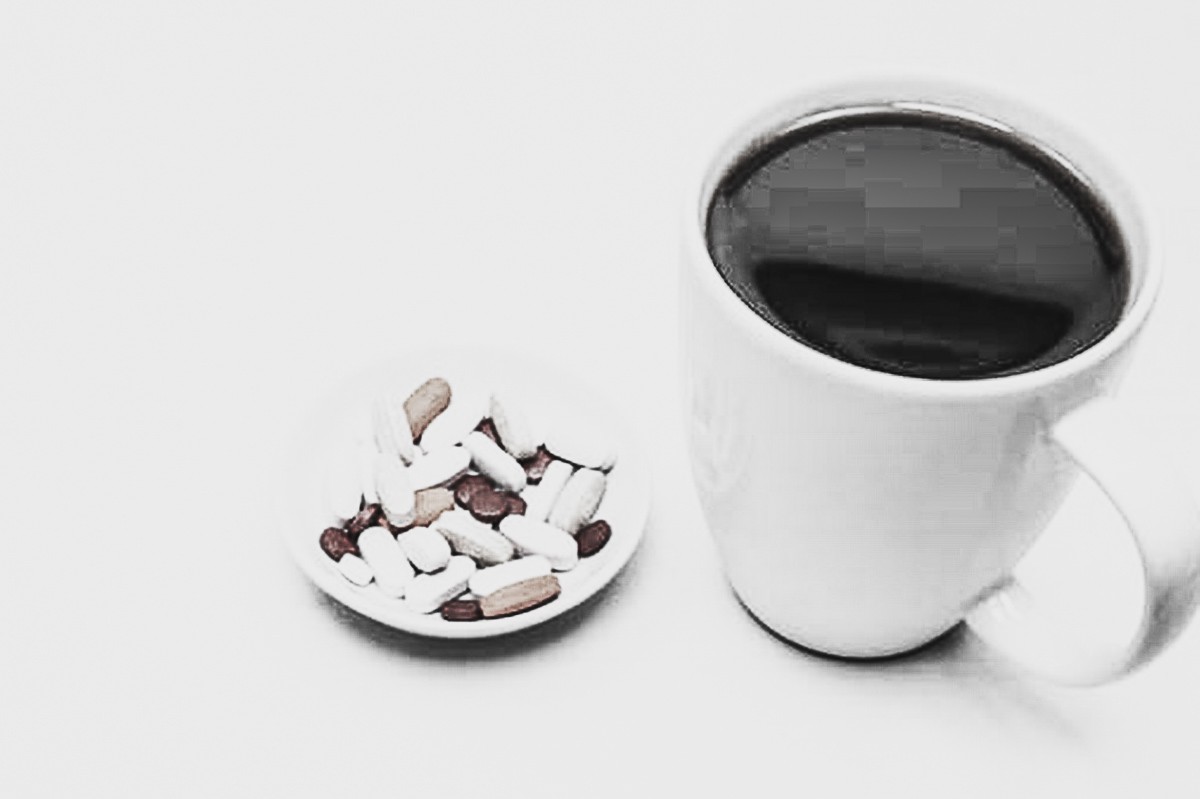 Coffee is good for you, right? Of course it is! Studies show it contains antioxidants and other substances that can reduce inflammation and protect against disease.
Coffee is good for you, right? Of course it is! Studies show it contains antioxidants and other substances that can reduce inflammation and protect against disease.
But coffee has a downside.
We’ve known for a long time that coffee can cause vitamin deficiencies. These include deficiencies of calcium, vitamin D, magnesium, and iron.
But that’s not all. Coffee actually has an enzyme in it called thiaminases that destroys vitamin B1. Indeed, if you are drinking 3 or more cups of coffee a day, you are cancelling out the thiamin you take!
A few months ago, I showed you how a thiamin deficiency can cause tremors in your hands. However, it can get much worse. When you don’t have enough thiamin in your body, you can develop a condition called beriberi. We used to think that beriberi wasn’t very common anymore in the U.S. But in recent years, the incidence of beriberi has exploded. And this is a serious problem.
Beriberi can cause cardiovascular, nervous, and immune problems. And, as it gets worse, it can destroy your eyes, your muscles (including your heart), and even your brain.
What’s more, beriberi is often missed by doctors. Why? Because it usually produces symptoms similar to an infection. These symptoms include fever, severe lack of energy or constant fatigue, shortness of breath, vomiting, general pain, and body aches. As it progresses, it’s common for beriberi to produce pneumonia.
As you can see, beriberi looks just like a viral infection. So doctors don’t check for it. They just assume you’ve caught a bug.
What’s worse, if you have beriberi and develop an actual infection at the same time, the damage done to the body can be quite severe. In fact, it can be deadly.
But Is Coffee Really to Blame for These Deficiencies?
Research has proven that coffee is one of the biggest causes of thiamin deficiency, particularly in the U.S. But it’s not the only cause. Other foods that contain thiaminases include tea, raw fish (sushi), and shellfish. So these foods can contribute to the problem.
However, what we’re seeing today is probably a double whammy.
That’s because another major cause of beriberi is alcohol. In recent months, alcohol consumption has skyrocketed. And researchers have known for decades that drinking a lot of alcohol will create a thiamin deficiency. Why?
While alcohol doesn’t contain thiaminases, it does cause inflammation in the stomach lining. This can lead to poor nutrient absorption. And the combination of heavy coffee drinking and heavy alcohol consumption is making thiamin deficiency a completely overlooked epidemic.
What Can You Do?
Fortunately, this is an easy problem to fix. You don’t even have to stop drinking coffee (though reducing how much coffee and alcohol you drink will help a lot).
All you have to do is take more thiamin. But you have to take it at the right time.
A study conducted way back in 1983 showed when coffee drinkers should take their vitamins. The researchers had participants drink coffee along with a meal high in nutrients. They found that the coffee reduced the nutrient absorption to less than 1% (0.97%). And when they doubled the strength of the coffee, the percentage of absorption fell to 0.53%.
However, when the researchers had the participants drink their coffee an hour before the meal, it had a completely different effect. There was absolutely no decrease in nutrient absorption!
That means avoiding beriberi and other coffee-induced nutrient deficiencies is easy. All you have to do is drink your coffee an hour before you eat or take your supplements.
I wish all medical solutions were this easy! However, there is one caveat.
Once you eat a nutritious meal or take your supplements, don’t rush out and drink coffee again. This study found that drinking coffee within one hour of eating or taking supplements had the same “degree of inhibition” as it does when you drink it with the meal.
So allow at least one hour to pass after you eat or take your supplements before you drink coffee again. I prefer to wait several hours just to be sure.
